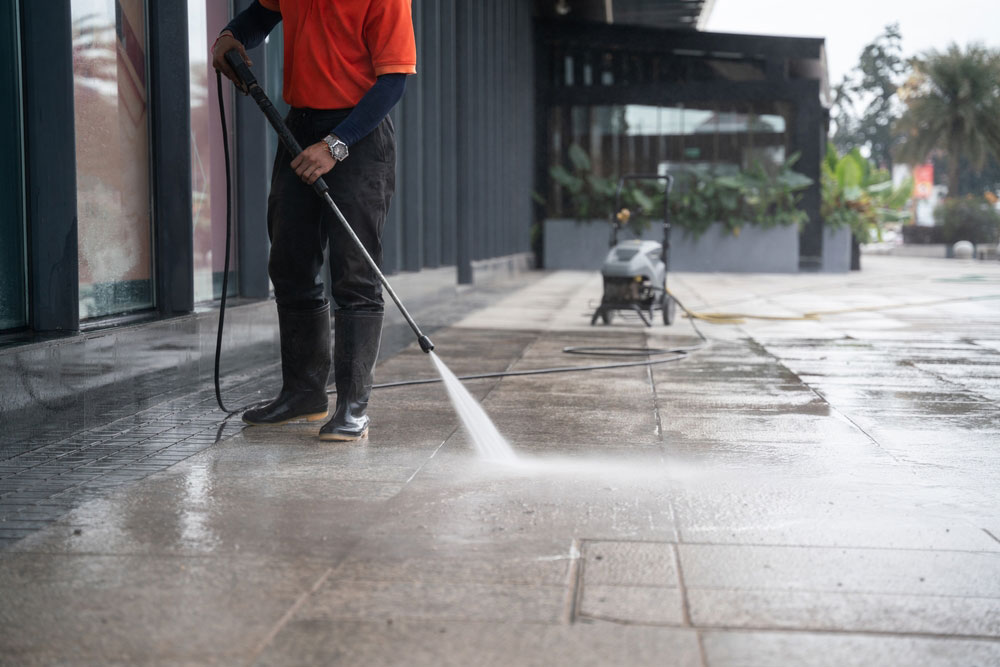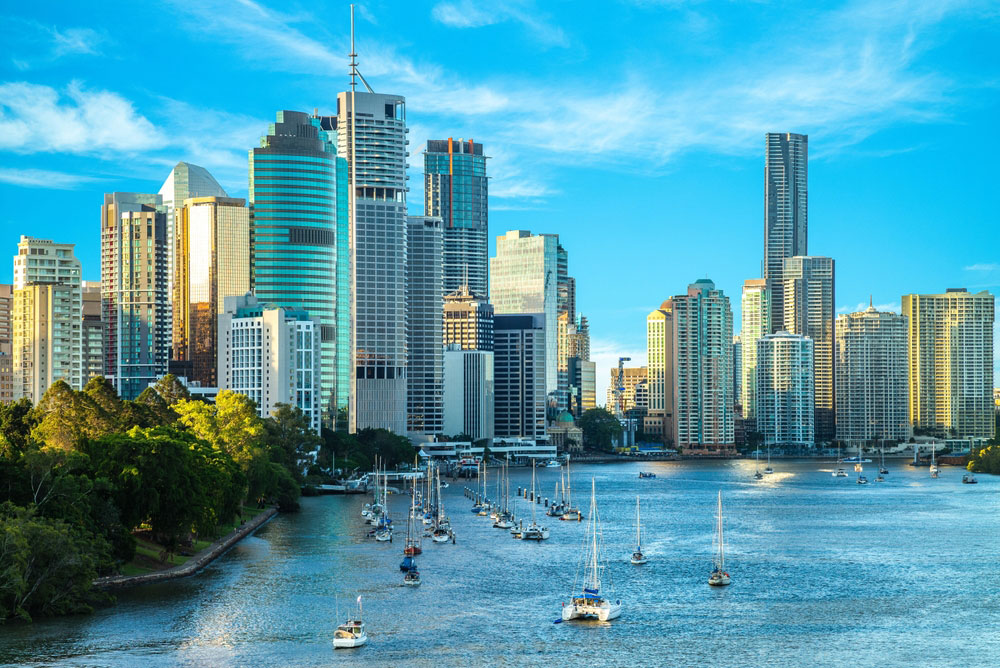Struggling with cloudy water? Constantly adjusting chemicals? Finding it harder to keep algae at bay?
The culprit might not be your maintenance routine …it could be your pool’s deteriorating surface.
The hidden connection between pool surfaces and water quality
Most Brisbane pool owners don’t realise how significantly their pool surface affects water chemistry and clarity.
While you might think of your pool coating as primarily cosmetic, it actually plays a crucial role in maintaining water quality.
A compromised surface doesn’t just look unattractive … it actively works against your maintenance efforts, costing you time, money, and enjoyment.
Why Brisbane pools are particularly vulnerable
Our unique Queensland climate creates the perfect storm for pool surface deterioration:
- Intense UV exposure breaks down surface materials at an accelerated rate compared to southern states, creating microscopic imperfections that affect water clarity.
- Year-round swimming means Brisbane pools rarely get a break from chemicals and use, leading to faster surface degradation than pools used seasonally.
- Dramatic shifts between drought and downpour stress surface materials, causing tiny cracks that harbour contaminants.
- High humidity creates ideal conditions for biofilm development in surface imperfections, making algae problems more persistent.
These factors explain why even well-maintained Brisbane pools can suddenly develop water quality issues that seem resistant to normal treatment.
The warning signs most pool owners miss
Your pool surface gives clear signals that it’s affecting your water quality. Here’s what to watch for:
- Chemical consumption has increased
Are you using more chlorine than you used to? Deteriorating surfaces are porous, absorbing chemicals rather than allowing them to work in the water. If you’re adding more chemicals but seeing less effect, your surface is likely the problem.
- Persistent algae despite proper chemical treatment
Those tiny crevices in a worn surface make perfect homes for algae that chemicals can’t easily reach. When algae keeps returning despite appropriate chlorine levels and regular maintenance, your surface has likely become part of the problem.
- Difficulty maintaining proper pH
Constantly adjusting your pool’s pH? As surfaces break down, they can release compounds that affect water chemistry, making it increasingly difficult to maintain stable parameters.
- Water clarity issues despite filtration
If your water lacks the sparkle it once had, despite proper filtration and chemical balance, microscopic particles from your deteriorating surface may be continuously entering your water.
- Stains that won’t respond to treatment
When stains resist normal chemical treatment, they’re often embedded in a porous, damaged surface rather than simply sitting on top of it.
The simple test to check your surface
Here’s a quick way to assess whether your surface is compromising water quality:
Run your hand along the pool surface below the waterline. Feel anything rough or abrasive? That texture is the beginning of serious deterioration … and each of those tiny imperfections is a potential home for contaminants.
Notice white powder on your hands after touching the pool surface? That chalky residue means your surface is actively breaking down, releasing particles into your water.
How surface problems escalate in Brisbane’s climate
What starts as minor surface deterioration quickly becomes a water quality crisis in our climate:
- Stage 1: Microscopic cracks develop, barely noticeable but already absorbing more chemicals than before.
- Stage 2: Surface becomes visibly rough, chemical consumption increases noticeably, and algae becomes harder to control.
- Stage 3: Significant deterioration occurs, with staining, persistent algae problems, and dramatically increased maintenance requirements.
The progression through these stages happens faster in Brisbane than almost anywhere else in Australia due to our unique climate conditions.
What professional coating does for water quality
A properly applied professional coating transforms your water quality by:
- Creating a non-porous barrier that prevents chemical absorption and water contamination
- Eliminating microscopic hiding places that shelter algae and bacteria
- Providing a smooth surface that’s easy to clean and maintain
- Restoring proper chemical efficiency so you use fewer chemicals for better results
- Establishing stable water chemistry that requires less frequent adjustment
The return on investment is clear
While pool restoration represents a significant investment, the water quality benefits deliver tangible returns:
- Less maintenance time. With fewer water quality issues to address, you’ll spend less time testing and adjusting.
- Extended equipment life. Improved water quality means less strain on pumps, filters, and cleaners.
- Better swimming experience. Crystal clear water without chemical odours or irritation means more enjoyable swimming.
- Lower water usage. Fewer problems mean fewer instances of having to drain and refill.
Professional vs. DIY approaches
While DIY pool paint kits might seem tempting, they typically fail to address the underlying surface issues affecting water quality:
- DIY products lack the chemical resistance of professional coatings
- Amateur application creates imperfections that quickly become problem areas
- Inadequate surface preparation leaves contaminants trapped beneath the new coating
- Inappropriate products for Brisbane’s climate deteriorate quickly under our intense UV
Professional coating addresses these issues with application methods and materials specifically chosen for Queensland conditions.
Don’t wait for water quality to deteriorate further
If you’ve noticed any of the warning signs mentioned above, your pool’s surface is already compromising your water quality.
Each day you wait allows the problem to worsen, increasing your chemical costs and maintenance headaches.
Contact CD Professional Coating Services at 0404 589 554 for a comprehensive assessment of your pool’s surface condition and discover how our professional restoration services can transform your water quality for years to come.







